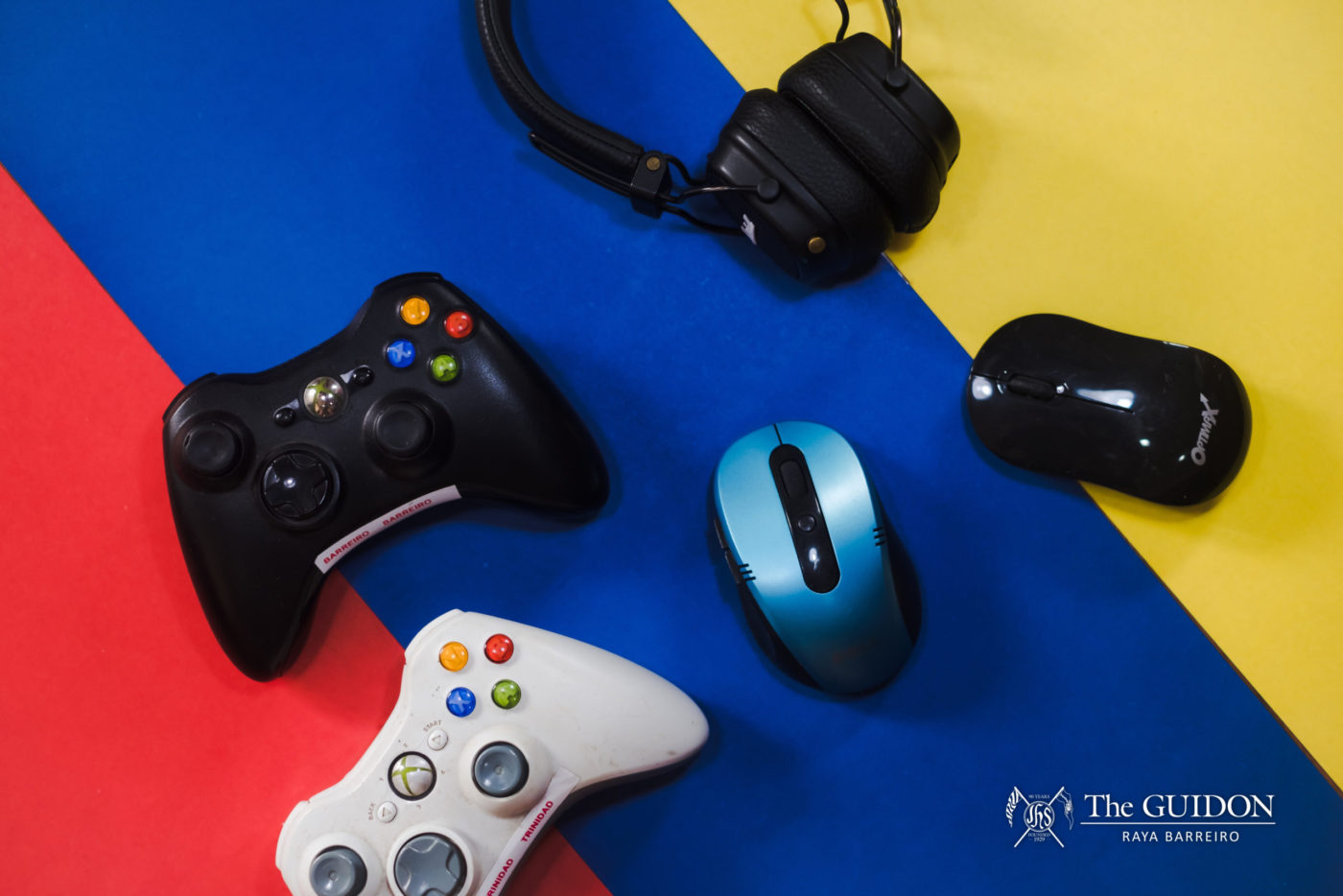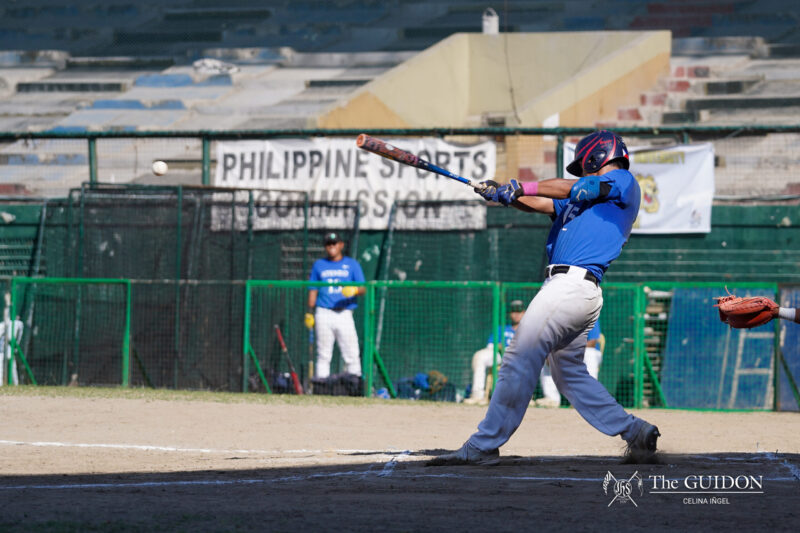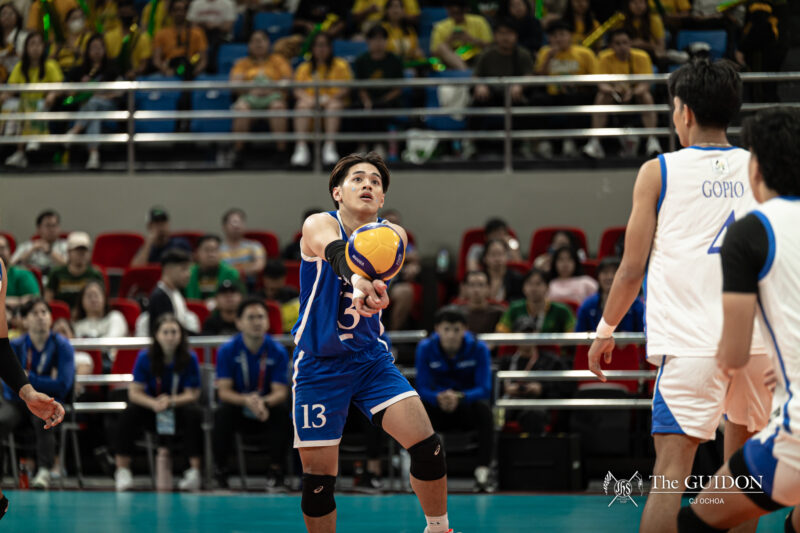RECENTLY, THE world of esports has ascended into the international spotlight. Previously labelled as a mere hobby, esports has transformed itself into a legitimate profession. As esports continues to develop all over the world, this growth has extended to the Philippines.
With increased access to proper resources such as stable internet and reliable gaming rigs globally, the newfound convenience that the COVID-19 pandemic brings appears optimal for the success of esports. Unfortunately, in the Philippine esports scene, many Filipinos are unable to fully engage in the profession due to accessibility and connectivity issues. With the COVID-19 pandemic continuing to rock the country, the local esports scene faces new and unexpected challenges.
Acknowledging the obstacles
With many Filipino gamers unequipped to play from home, quarantine restrictions have stunted the growth of Philippine esports. In the pre-pandemic setting, gamers depended on internet cafes to make up for the lack of access to stable internet and reliable gaming rigs. However, availing internet cafe services for gaming is no longer possible amid the lockdown. This is a struggle that Loyola Gaming (LG) Team Manager Kenneth Alog has experienced firsthand. “For my main game [League of Legends], it’s hugely affected just because most of the players have to play in internet cafes. With everything being closed down right now, people can’t play,” he shared.
The state of internet connectivity in the Philippines is another hurdle. LG Moderator Tala Wong highlighted the country’s unreliable internet speed as a significant roadblock to achieving success in online competitions. “It’s a very challenging time for local esports, especially because the Philippines has the worst or slowest internet speed in South East Asia. So it makes competing internationally kind of difficult because we have our internet as the sixth man of the enemy team,” she said.
Both of these factors indicate a problem with the system currently in place. Wong reiterated that the skill of Filipino gamers is not the issue, but rather the support being offered to gamers. “A lot of Filipino pros are very talented at the esports that they play, it’s just that the infrastructure does not support the talent. It makes it very difficult to succeed or excel,” Wong shared.
Persevering in the “new normal”
In need of a more accessible gaming format, gamers have slowly turned to mobile gaming. This form of game play has addressed the gaming community’s accessibility issues and has quickly become an alternative platform to games that require a gaming rig. As Alog said, “Mobile esports like Mobile Legends and Call of Duty: Mobile is really booming right now because it’s easy to access.”
Beyond the rise of mobile gaming, the pandemic also paved the way for competition hosts to innovate how tournaments are conducted. With gamers unable to travel to competitions, major companies have stopped sponsoring on-site events. Instead, independent hosts have taken the initiative to hold pocket tournaments where gamers can compete from home. One of these events is LG’s recent collegiate invitational which pushed through despite many difficulties.
“As an org, we [LG] were able to hold [the] ESI (End of Semester Invitational), the season two of our flagship event, nung May (last May). Even if I feel like it’s limited, it doesn’t stop esports from operating amid the pandemic,” shared Alog.
Despite the esports community’s efforts to introduce a sense of normalcy in the pandemic, these solutions are only short term fixes to a systemic problem: The lack of institutional support for the industry and its gamers. As Wong pointed out, “If somehow we can provide a system that cares for players, not just uses or abuses players, but actually cares for their well-being, their financial stability, we might have a good shot at being very good in our region, and not just our region, but also of course globally.”
Beyond the pandemic
The present situation still looks promising as the gaming community has managed to sustain its progress. This growth is marked by industry support from major telecommunications companies and recent appeals to include esports in international competitions.
At the collegiate level, there are already hints of such support as LG’s recent partnership with Ateneo’s Department of Information Systems and Computer Science further legitimizes LG and its efforts to become a premier student organization in collegiate esports.
While steps have been taken to address problems in Philippine esports, further improvements can still be made. For starters, establishing more grassroots programs at the collegiate and professional levels will lead to sustained overall development for esports. Issues of infrastructure such as stable internet connection should also be addressed.
At the end of the day, properly supporting the local esports industry is not just one person’s burden but a responsibility that belongs to everyone. Only a collective effort from the entire Philippine esports community will create legitimate change.







